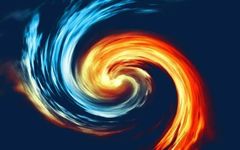
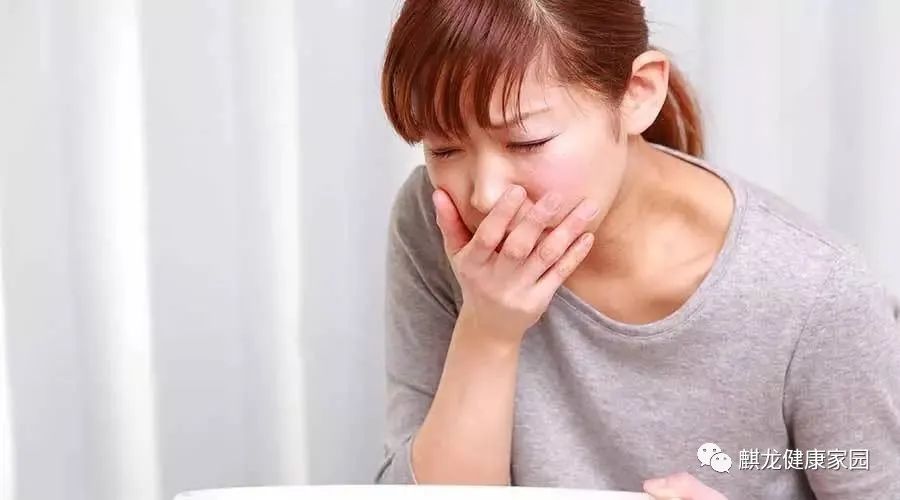
寒热往来 (Hán Rè Wǎng Lái), or the alternation of cold and heat, is a syndrome characterized by alternating episodes of fever and chills. During fever, the individual feels hot without feeling cold, and during chills, they feel cold without feeling hot. These two states do not occur simultaneously but alternate frequently. This reflects a competition between the cold and heat energies within the body, each having its moments of dominance.
Other manifestations of 寒热往来 include 头晕目眩 (tóu yūn mù xuàn – dizziness and vertigo), 胸胁苦满 (xiōng xié kǔ mǎn – fullness and discomfort in the chest and sides), 心烦呕吐 (xīn fán ǒu tǔ – irritability and vomiting), 脘腹胀满 (wǎn fù zhàng mǎn – abdominal distension), 不思饮食 (bù sī yǐn shí – loss of appetite), 口苦咽干 (kǒu kǔ yàn gān – bitter mouth and dry throat), 舌红苔白 (shé hóng tái bái – red tongue with white coating), 午夜发热 (wǔ yè fā rè – nocturnal fever), and a 脉弦 (mài xián – wiry pulse) that is rapid.
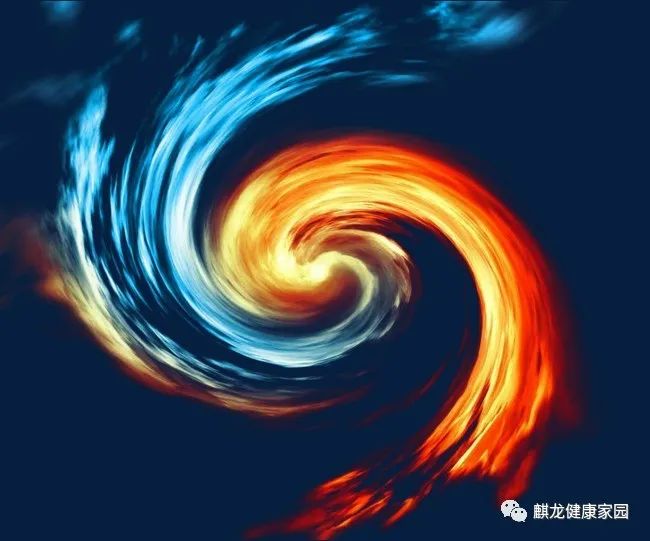
In TCM theory, the pathological description of 寒热往来 is complex and varied, but generally, it can be categorized into two conditions: deficiency and excess.
The first condition, deficiency, occurs when both states of cold and heat arise spontaneously due to bodily deficiency. When the body’s 气血 (qì xuè – vital energy and blood) is insufficient but the mind and body are tense, alternating cold and heat can occur. Many individuals in menopause often experience this, feeling hot when wearing an extra layer and cold when wearing less, easily influenced by external changes. This is often accompanied by symptoms such as mental fatigue, irritability, anxiety, and physical weakness. Management of this condition requires stabilizing the mind and body, relaxing the spirit, allowing the 气血 to settle and harmonize, and softening rigidity and tension.
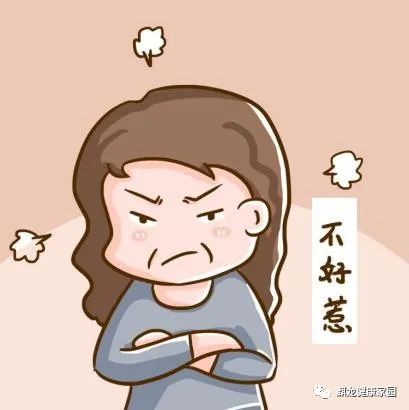
The second condition, excess, is often due to the invasion of external pathogens. This can occur when external evil qi competes with the body’s righteous qi, or when damp-heat qi invades, as seen in conditions like 疟疾 (nüè jí – malaria) and 登革热 (dēng gé rè – dengue fever), which inherently present with both cold and heat symptoms. Treatment for this condition focuses on supporting the righteous qi while expelling the evil qi, addressing both aspects simultaneously.
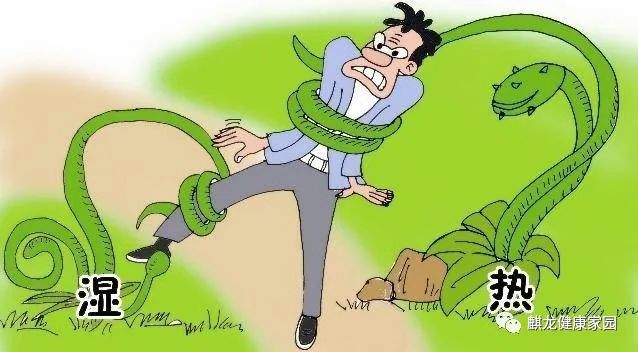 寒热往来 is a conflict-type syndrome, and it is important not to exacerbate the conflict between 气血. During symptomatic periods, it is advisable to avoid smoking, alcohol, and spicy or cold foods, as both high heat and excessive cold are inappropriate. Additionally, one should refrain from taking nourishing herbal formulas.
寒热往来 is a conflict-type syndrome, and it is important not to exacerbate the conflict between 气血. During symptomatic periods, it is advisable to avoid smoking, alcohol, and spicy or cold foods, as both high heat and excessive cold are inappropriate. Additionally, one should refrain from taking nourishing herbal formulas.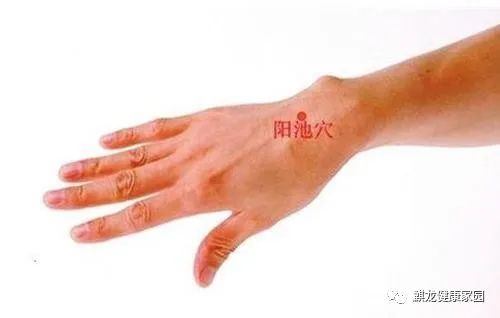 (Pressing the 阳池穴 (Yángchí Xuè – Yang Pool Point) can alleviate the symptoms of 寒热往来.)(Source material from the internet)Recommended reading: What is fasting? Why fast? Confucius’ thoughts and the ten strips of cured meat offering love to support the people of Henan disaster area.
(Pressing the 阳池穴 (Yángchí Xuè – Yang Pool Point) can alleviate the symptoms of 寒热往来.)(Source material from the internet)Recommended reading: What is fasting? Why fast? Confucius’ thoughts and the ten strips of cured meat offering love to support the people of Henan disaster area.

